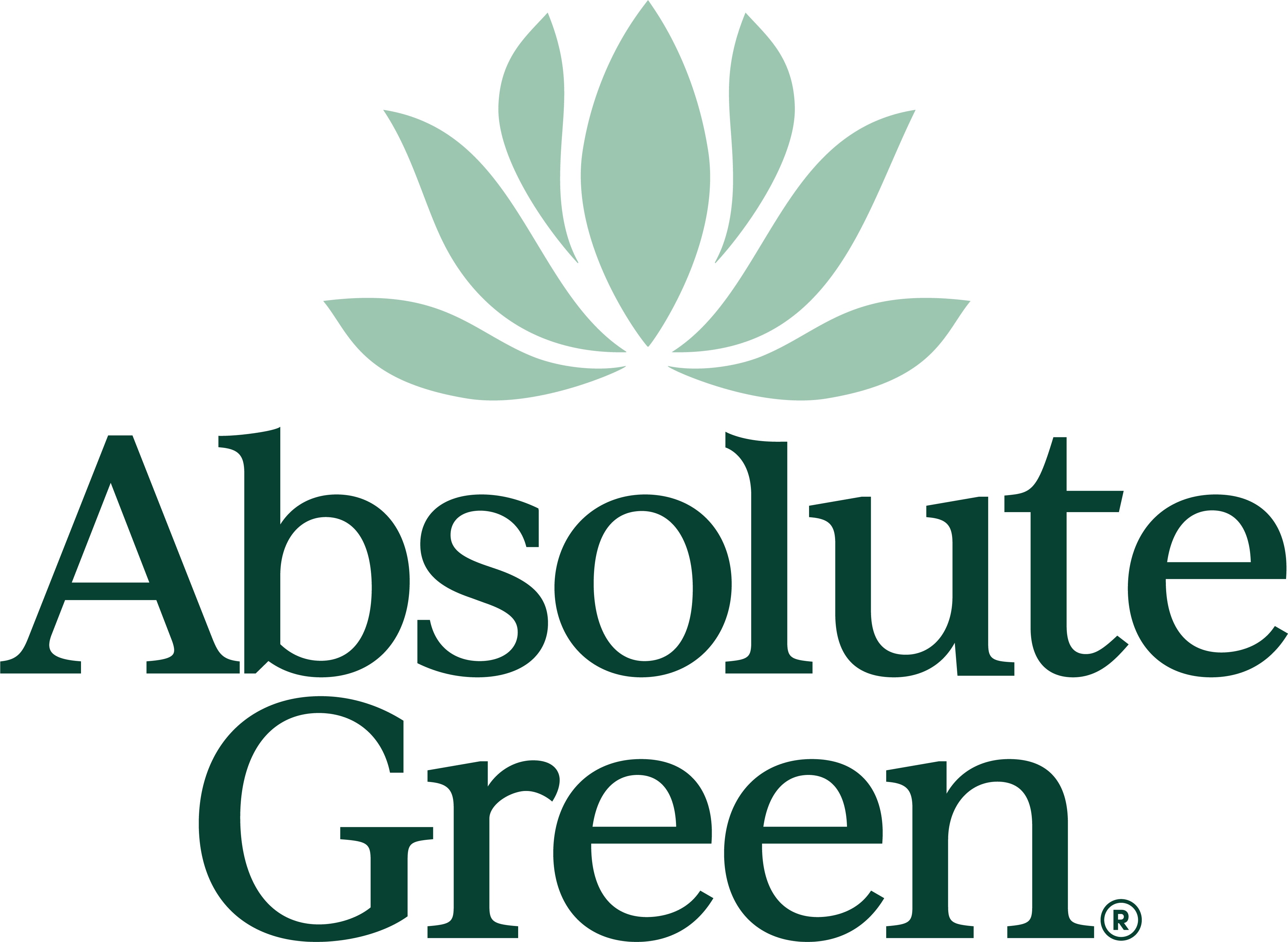
Image Credit: Pixabay
The use of synthetically manufactured fabrics has increased since it first entered the mass market in the late 1960s, and it’s not hard to see why. After all, it’s easier to produce, and cheaper to buy.
Synthetically-made cotton and polyester cotton blends are what make up the majority of bedding, clothing and other fabric home goods sold in many shops these days, but naturally produced cotton (this means no harsh chemicals or genetic engineering!) is the healthier choice, both for you, and also the planet.
Here are five reasons why you should lean toward natural cotton on your new sheets for the summer:

Image Credit: Pixabay
- Natural cotton is healthier!
If you think about it, one of the things your skin spends most of its time touching is fabric, whether that’s the fabric of your bed sheets, or the fabric of your clothes. Since your skin is the largest organ of your body, you don’t want anything that’s going to be touching it for prolonged amounts of time to have any harmful chemicals in it.
Synthetic fabric is man-made, which means that it’s been exposed to chemicals in order to be created. This means it can be harmful when touching the skin for too long, and some people are even allergic to it.
Naturally grown cotton, on the other hand, is grown without any of those damaging chemicals, so it’s hypoallergenic and much better for your skin to be touching for long amounts of time. It’s also better for people who have sensitive skin.
- Higher quality and durability
One downside to synthetic materials is that they’re poorly made. The use of chemicals causes the fabric to snag more easily, or become damaged due to heat in the dryer or washing machine.
Natural fibers are higher quality and tougher, meaning that you’ll feel safer cleaning them, and they’ll last much longer than synthetic ones. Those low quality sheets and clothes will only last so long before they’ll be too worn to use and have to be thrown away.
- Cost Vs. Benefits
One downside to natural cotton is that it’s relatively more expensive than blends or synthetic fabrics. It’s an investment for sure, but part of the issue with purchasing synthetically-made fabric is that it has to be replaced much more often than higher quality, which means you could be spending a similar amount or more in the long run.
They may cost more upfront, but the benefits of natural fabrics and sheets, both for you and the planet, span greatly over the long term, and more so than poorly made fabric.
- More Environmentally Sustainable

Image Credit: Pixabay
Cotton that isn’t organic is typically grown with the help of insecticides which disturb the ecology of the soil and water. Natural cotton farmers don’t use these kinds of chemicals, instead letting the cotton grow normally.
Along with this, chemically made cotton biodegrades much more slowly than natural cotton does. Since natural cotton is, well, natural, it already contains the plant-based compounds, making it able to decompose relatively quickly. This means that once you finally have gotten all the use you can out of those sheets, you can rest easy knowing they won’t be polluting a landfill like synthetic fabrics would.
. 
Image Credit: Matthew Henry
5. More ComfortableThe chemicals used on a fabric can seriously affect the level of softness, which is super important when we’re talking about bedding or sheets. Naturally weaving the cotton creates a quality of softness that can’t be achieved by synthetic material.
Any of our fabric sprays are the perfect choice to freshen up your natural cotton sheets or clothes. Since we are also all-natural, it’s the best spray to pair with any natural fibers in your home.
I’m always looking for ways to incorporate greener choices into my life, and even just being more conscious of the natural fabrics versus the synthetic ones I use is a step toward living a more sustainable lifestyle.

